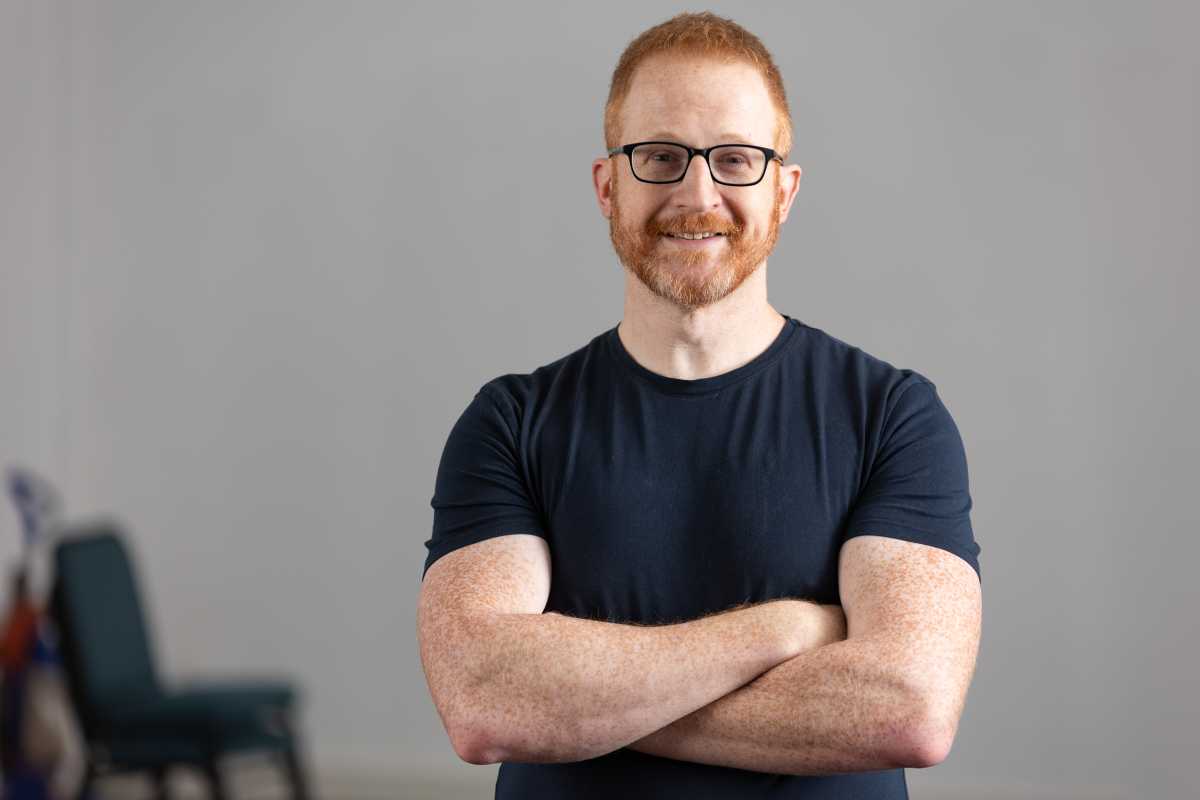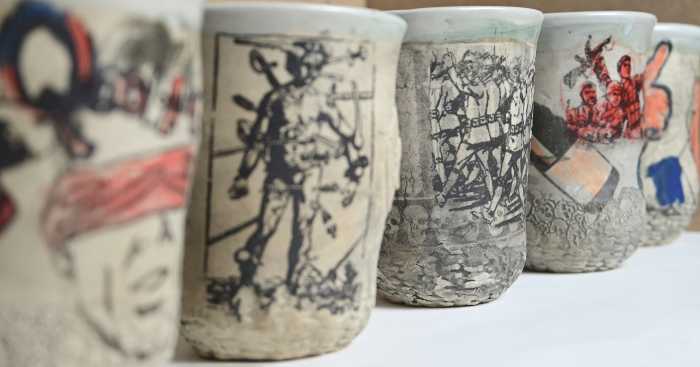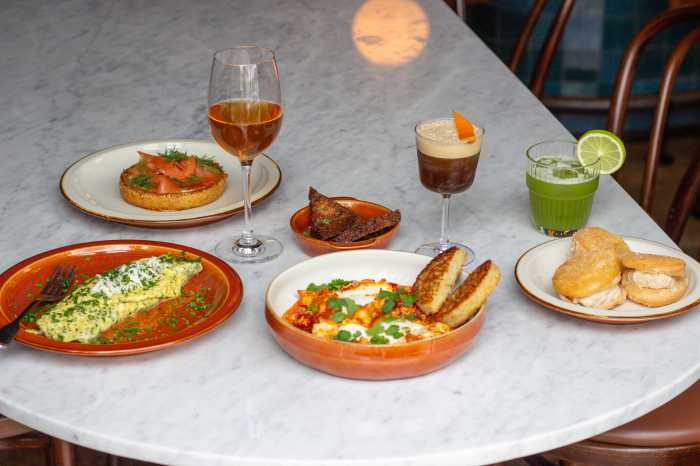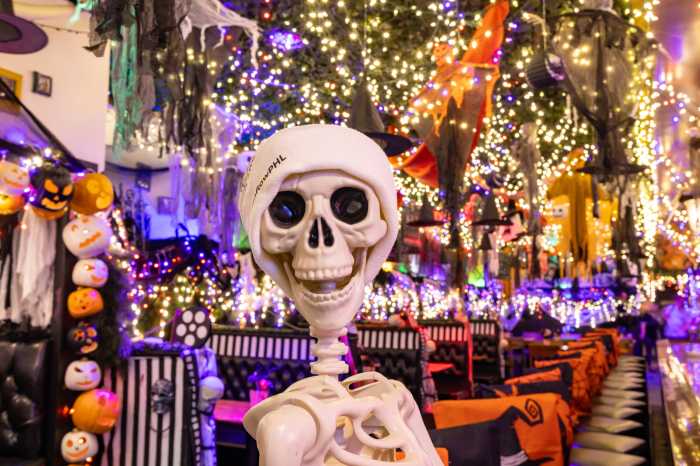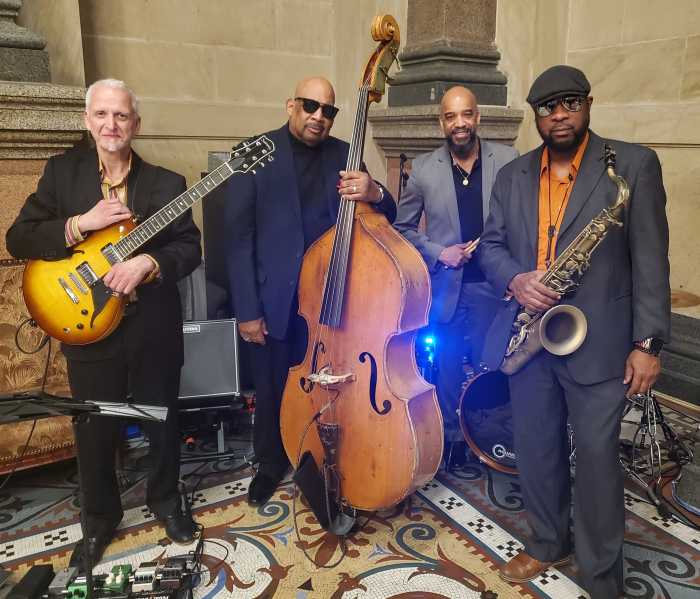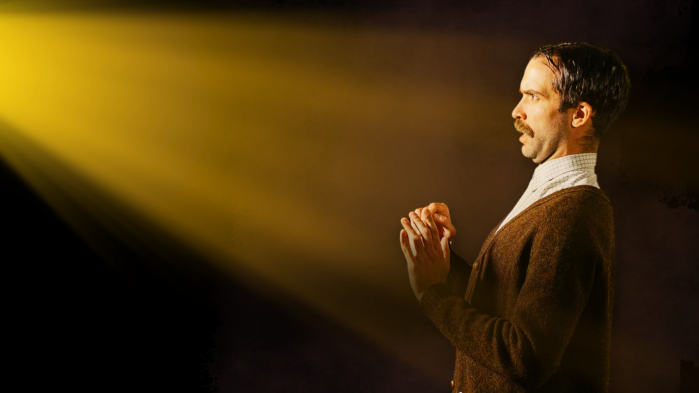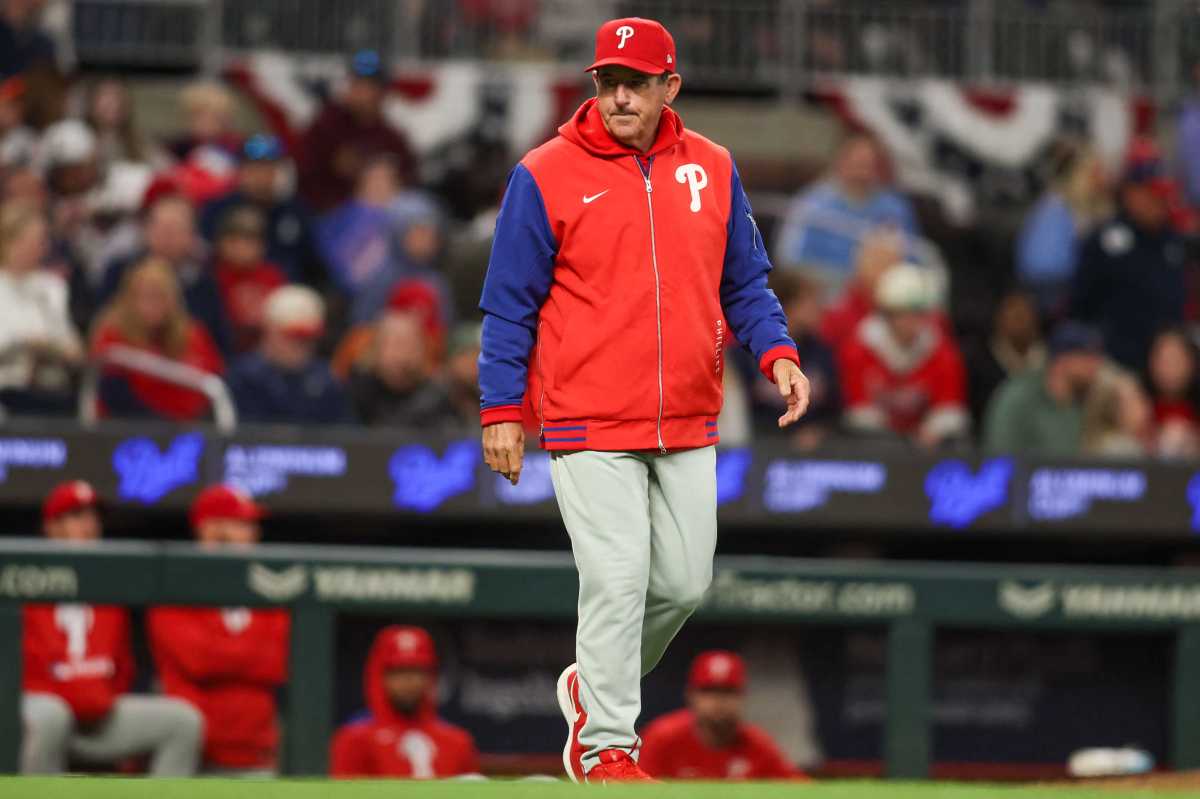Metro recently spoke to Hofstetter and his touring partner, Dobert the family dog, before the comedian pulled into City Winery Philadelphia this Friday, Nov. 22.
As much as you love touring and are often on the road, you’re still fond of the Zoom shows we witnessed during the pandemic. What do you like about that digital means of communicating comedy?
What we learned in the pandemic is that there were a lot of people using these digital shows that we were doing that would’ve needed them even if Covid wasn’t the thing. I had a kid watching one of my shows from Croatia, hiding his iPad under the covers so that his parents wouldn’t catch him. There was someone watching from their hospital bed. One of the most touching stories we heard was someone who was on a date with their partner – their first date in a long time because she is severely agoraphobic. She hadn’t been out of the house in 16 years. To be able to watch a live show together, on Zoom, allowed those two to have something that they hadn’t had before. I think that’s awesome.
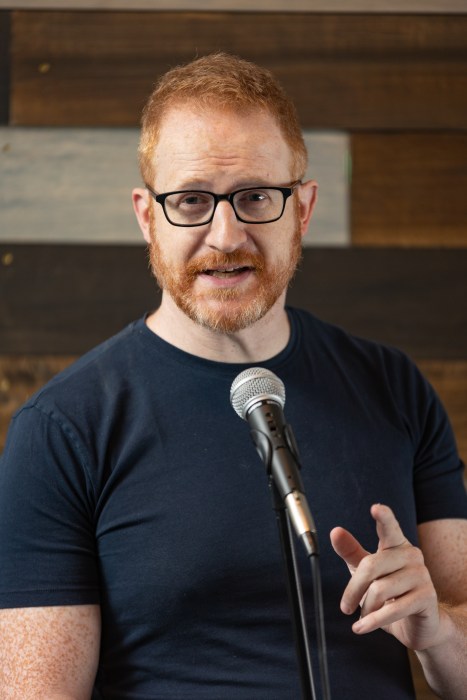
That level of poignancy makes you unique. Your stuff is empathetic, bringing people along on the ride rather than attacking them with anger or sadness. Where does that come from, this desire to truly communicate?
I appreciate that. I’m just a really good liar and don’t care at all (*laughs*). I don’t know if that comes from how I was raised or what I experienced, but I do know that it is purposeful in my heart. When I wrote my book, ‘Ginger Kid’, something shifted in me. One of the great things about the third person editorial process – looking back at high school 30-years-later – was that I could view these characters in a way I hadn’t before. Before that I was wrapped up in how I saw people in my past. But time gave me distance. I could be more sympathetic toward them. Having an editor ask me how and what these people were thinking at the time changed me, and changed the story.
You discuss how your father’s death 8-years-ago continues to affect you on stage during ‘The Recipe’. How does splicing your grief into your comedy work?
‘The Recipe’ was the hardest hour of comedy that I ever performed. It took something out of me, anytime I did it, because I relived such a tough time in my life. I knew what jokes came next and I got excited to get there. The reason I said that story is because I remember listening to comedian Robert Schimel who, at the time, was doing material about getting cancer. At the same time, a friend of mine’s father was similarly diagnosed with cancers and both my friend and her father were comforted by his humor. I wanted to do for people listening to me, who happened to be mourning, what Schimel did for them. Whenever someone watches ‘The Recipe’ and messages me how helpful I’ve been, I know I did the right thing.
Without giving away the punchlines, what story fills your newest touring set?
I call this set ‘Kill the Butterflies’ which is a metaphor for butterflies in your stomach, about anxiety and mental health. It’s about my journey, and not understanding how I got here… I’ve had people come up to me after this new set and say this show helped their family understand what they’re going through. I didn’t realize I had anxiety until my 40s. I just knew something was off. Being able to vocalize it, without having to wait 30-years is my goal for this show. It’s always funny to see people who don’t understand that titles can be metaphorical to be all upset, as if I’m actually advocating murdering butterflies. No, I am not, and ‘The Catcher in the Rye’ was not about a baseball player.
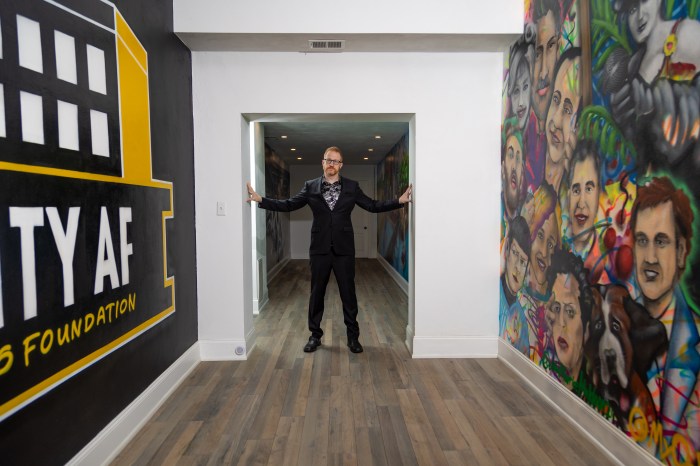
With that, are there distinct connections between ‘The Recipe’ and your new show?
Yes. Writing ‘The Recipe’ helped me grieve. Writing ‘Kill the Butterflies’ helps me put into words the anamorphous concepts that I’m feeling – using comedy to better understand myself. That’s why I find the low-hanging fruit of making fun of people for being different to be such garbage. Comedy is about understanding the human condition, about introspection. When all you’re doing is looking around and saying ‘you-suck-you-suck-you-suck,” you’re not a comedian. You’re a bully. People like me got into comedy because we were bullied. Our aspirations should not be to become what molded us. It should be to mold ourselves.



